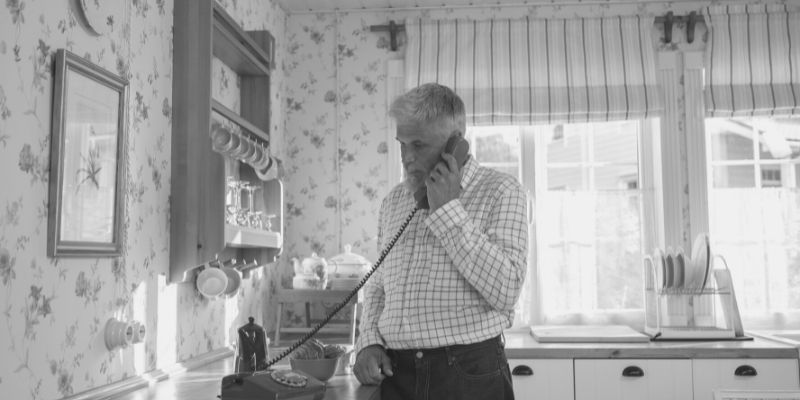Problems with sleep are common in older adults, but people with dementia have a much more difficult time.
As a caretaker of a loved one with dementia, frequent sleep disturbances can be stressful, and they can lead to mental and physical exhaustion for everyone involved. The initial steps that you can take to help your loved one (and you) get a better night’s sleep are to understand what can cause the sleep issues and to rule any contributing factors out.








